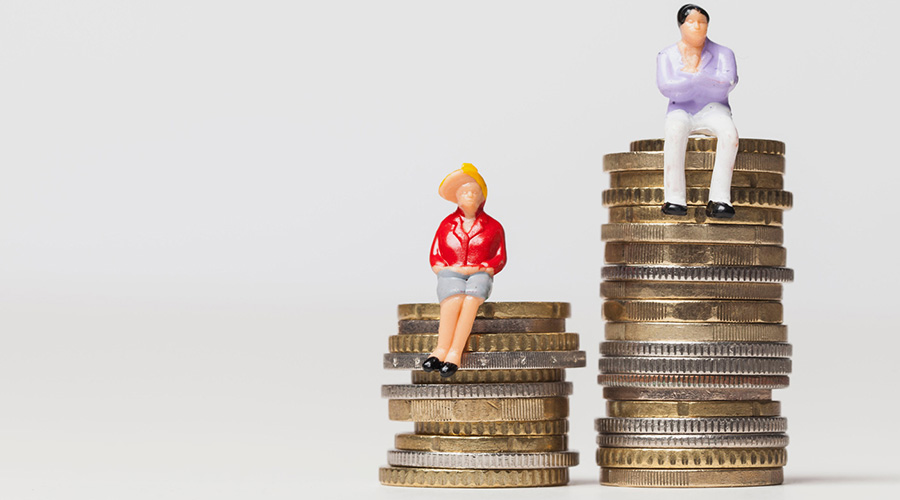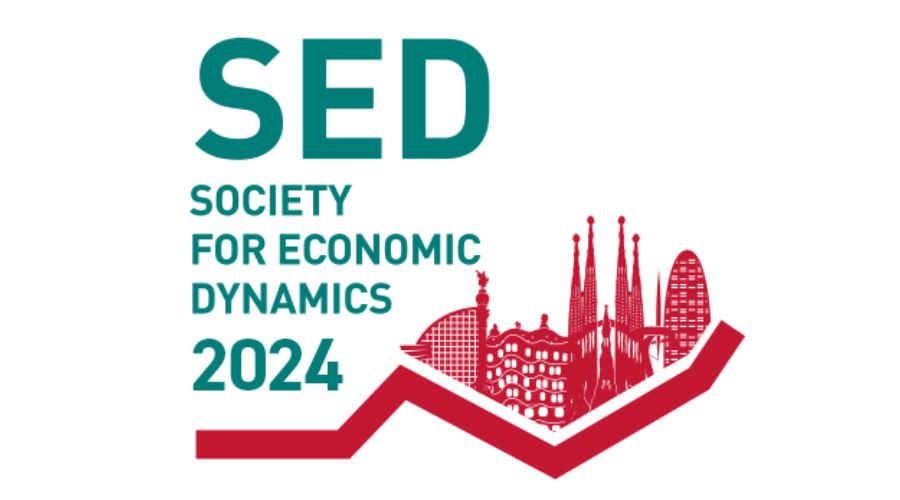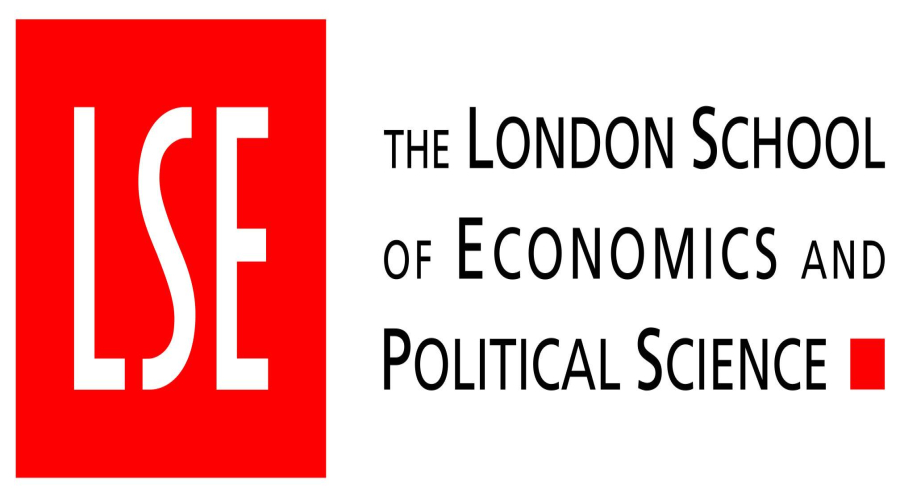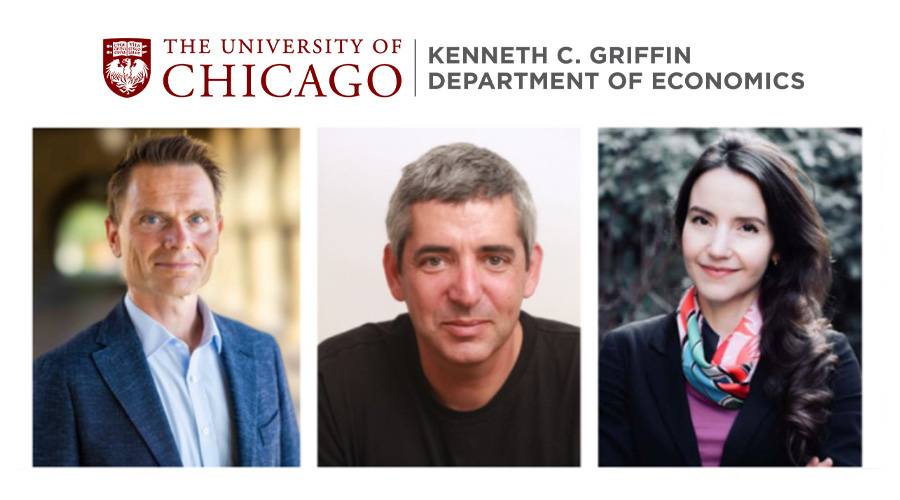Publications
Browse all our publications

Why do We Dislike Inflation?
This paper provides new evidence on a long-standing question asked by Shiller (1997): Why do we dislike inflation? I conducted two surveys on representative samples of the US population to elicit people’s perceptions about the impacts of inflation and their reactions to it. The predominant reason for people’s aversion to

Why do We Dislike Inflation?
This paper provides new evidence on a long-standing question asked by Shiller (1997): Why do we dislike inflation? I conducted two surveys on representative samples of the US population to elicit people’s perceptions about the impacts of inflation and their reactions to it. The predominant reason for people’s aversion to
All Publications
- Author(s): Stefanie Stantcheva
This paper provides new evidence on a long-standing question asked by Shiller (1997): Why do we dislike inflation? I conducted two surveys on representative samples of the US population to elicit people’s perceptions about the...
There is a growing global concern about the health of democracies (Rubin, 2022). Although support for civil liberties had weakened prior to COVID-19 – the pandemic and the public health responses it elicited could possibly...
- Author(s): Beatrice Ferrario, Stefanie Stantcheva
This paper illustrates the design and use of open-ended survey questions as a way of eliciting people’s first-order concerns on policies. Multiple choice questions are the backbone of most surveys, but they may prime respondents...
- Author(s): Stefanie Stantcheva
This paper offers guidance to researchers on how to create surveys. It covers the complete survey process, the design of the questions and experiments to the recruitment of respondents, the collection of data to the...
- Author(s): Claus Kreiner, Kristoffer Hvidberg, Stefanie Stantcheva
We link survey data on Danish people’s perceived income positions and views on inequality within various reference groups to administrative records on their reference groups, income histories, and life events....
- Author(s): Daniel Cohen, Eva Davoine, Martial Foucault, Stefanie Stantcheva, Yann Algan
This article analyzes the specific and critical role of trust in scientists on both the support for and compliance with nonpharmaceutical interventions (NPIs) during the COVID-19 pandemic. We exploit large-scale, longitudinal, and representative surveys for...
- Author(s): Stefanie Stantcheva
I study how people understand, reason, and learn about two major tax policies: income taxation and estate taxation. Using large-scale social economics surveys issued to representative U.S. samples and associated experiments, I elicit respondents’ factual...
- Author(s): Alberto Alesina, Stefanie Stantcheva
This paper provides a simple conceptual framework that captures how different perceptions, attitudes, and biases about immigrants or minorities can shape preferences for redistribution and reviews the empirical evidence on the effects of increasing racial...
- Author(s): Alberto Alesina, Armando Miano, Stefanie Stantcheva
Americans are polarized not only in their views on policy issues and attitudes towards government and society, but also in their perceptions of the same, factual reality....
- Author(s): David Yang, Joyce Kim, Luca Braghieri, Marcella Alsan, Sarah Eichmeyer, Stefanie Stantcheva
We study to what extent individual preferences for protecting rights and civil liberties are elastic to health insecurity....
- Author(s): David Cutler, David Yang, Marcella Alsan, Stefanie Stantcheva
In this survey study of US adults, there were gaps in reported incidence of COVID-19 and knowledge regarding its spread and symptoms and social distancing behavior. More effort is needed to increase accurate information and...
- Author(s): Alberto Alesina, Armando Miano, Stefanie Stantcheva
Does immigration change support for redistribution? We design and conduct large-scale surveys and experiments in six countries to investigate how people perceive immigrants and how these perceptions influence their support for redistribution. We find striking...
- Author(s): Alberto Alesina, Edoardo Teso, Stefanie Stantcheva
Using new cross-country survey and experimental data, we investigate how beliefs about intergenerational mobility affect preferences for redistribution in France, Italy, Sweden, the U.K., and the U.S....
- Author(s): Emmanuel Saez, Ilyana Kuziemko, Michael Norton, Stefanie Stantcheva
We develop online survey experiments to analyze how information about inequality and taxes affects preferences for redistribution. Approximately 4,000 respondents were randomized into treatments providing interactive, customized information on U.S. income inequality, the link between...
Updates, Events & News
News
Paul Krugman highlights how Stefanie's research explains why individuals hate inflation.
Economists are turning to new ways of finding out
Stefanie talks about why people's lived experiences of inflation might not align with official statistics
Stefanie's research highlights how people's experiences with inflation have shaped their views on the economy




















